Our faculty members participate in conferences around the world, conduct groundbreaking research, and publish books and journal papers that contribute to their field and highlight their expertise. We feature those accomplishments and more in this section.
College of Arts and Humanities
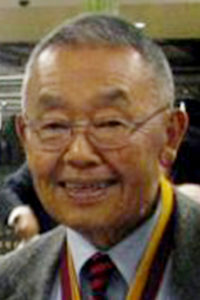
Donald Hata, emeritus professor of history, presented the workshop “Words Can Lie Or Clarify,” which showed how the U.S. government intentionally used euphemistic language for propaganda purposes to minimize and conceal the punitive nature of the mass incarceration of Japanese Americans (Nikkei) interned during World War II. Hata’s workshop took place in July at the Tule Lake Segregation Center National Segregation Center National Historic Site in Tule Lake, California, near the Oregon border. The site is one of 10 camps that imprisoned more than 110,000 Nikkei as political prisoners.
College of Business Administration and Public Policy
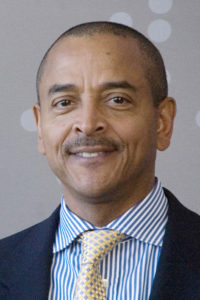
Clarence (Gus) Martin, professor of criminal justice administration, contributed the first chapter, “Types of Terrorism,” to Developing Next-Generation Countermeasures for Homeland Security Threat Prevention, which offers a broad perspective of network security, surveillance, reconnaissance, and physical security. It includes chapters written by an international group of selected scholars and analysts.
College of Natural and Behavioral Sciences
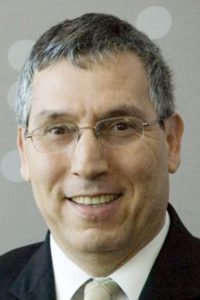
Hamoud Salhi, associated dean, was interviewed on the CCTV foreign affairs show “The Heat” regarding President Barack Obama’s distinction as the only U.S. President at war every day of his tenure. The roundtable also took a close look at Obama’s time in the White House and how the wars have plagued his presidency.
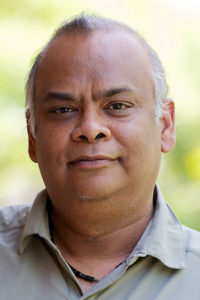
Ashish Sinha, chair and professor of Earth sciences, coauthored the article “The Asian monsoon over the past 640,000 years and ice age terminations,” in the journal Nature. Oxygen isotope records from Chinese caves characterize changes in both the Asian monsoon and global climate. In the article, Sinha and his coauthors show how they used their speleothem data to extend the Chinese record to cover the full uranium/thorium dating range over the past 640,000 years.
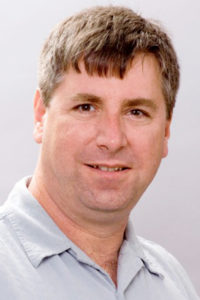
John Price, professor of physics, has been awarded a three-year $235,000 grant from the Department of Energy for his ongoing experimental nuclear physics program in proton research: “Photo- and Electroproduction of Multiply-Strange Hyperons at CLAS.” This is the fourth grant Price has been awarded from the DOE for the program since 2007. Nearly all of Price’s students working on the program–16 since it began–have been accepted into graduate school.
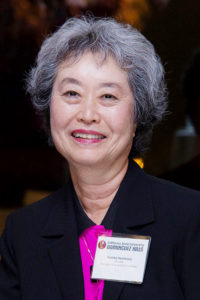
Fumiko Hosokawa, professor of sociology, presented her research paper, “Aging as a Developmental Perspective” in July at the 3rd Annual International Sociology Association Forum at the University of Vienna in Austria.
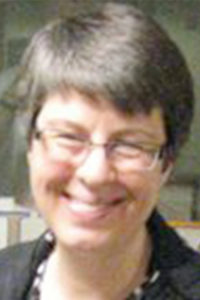
Chemistry Lecturer Barbara Belmont represented CSUDH at the Fall 2016 American Chemical Society National Meeting in Philadelphia this past August, where she presented “Leveraging Diversity for Student Success in STEM at CSUDH.” The presentation was one of nine others in the “Building Opportunities in the Chemical Profession: Exploiting the Power of Diversity & Inclusion” symposium organized by the ACS Division of Professional Relations. Belmont talked about the multicultural campus environment, campus STEM initiatives, administration commitment to STEM advancement, and highlighted some of the course redesign efforts of the CSUDH Department of Chemistry & Biochemistry to provide high impact learning opportunities for students in the lower division Chemistry courses.
College of Health and Human Services and Nursing
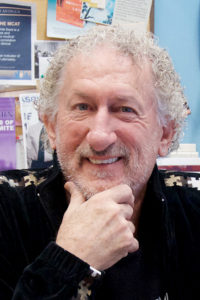
In his role as CSUDH’s pre-health adviser, Thomas Landefeld, professor of biology and pre-health adviser, recently visited Life University in Marietta, Georgia, and Lifewest Chiropractic College in Hayward, California. The visits provided advisers and prospective students with information about the chiropractic profession, and the chiropractic programs at the two campuses.